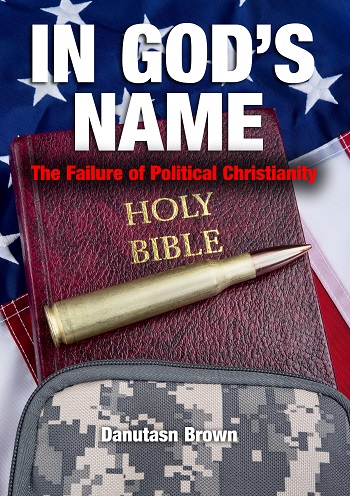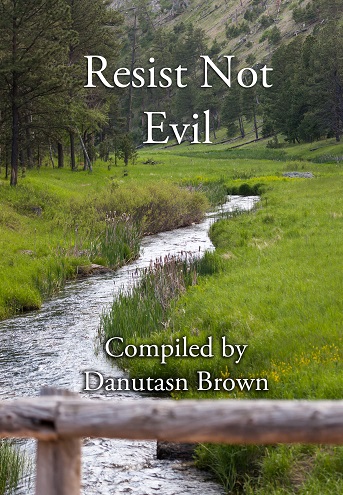Short Clips
In the Gospel of Matthew, Jesus tells a story of a master who plants good seed on his land. An enemy intrudes and plants weeds among the wheat. As the weeds grow, the servants ask to pluck them out. "No," responds the master. "You may accidently pull the wheat as well. Wait until the wheat ripens, and then it will be easier to pull and burn the weeds."
The theologian Roger Williams cited this parable in his 1644 volume called, "The Bloudy Tenent of Persecution for Cause of Conscience." Williams argued the parable shows that people of good faith (represented by the wheat) must live alongside those who are false (represented by the weeds). Therefore, Williams claimed that civil law should not be involved in religious affairs. When people have different religious views than ours, Williams wrote, we should leave them alone. We should not “pluck them up” by stirring civil authorities “to punish and persecute all such persons.”
Williams’s view was radical at the time. Banished from the Massachusetts Bay Colony, he soon founded the town of Providence as a haven for religious exiles in what would become Rhode Island. Williams believed the Bible had often been misinterpreted and misused to incite violence and persecution. He is remembered to this day as a pioneering defender of religious liberty.


